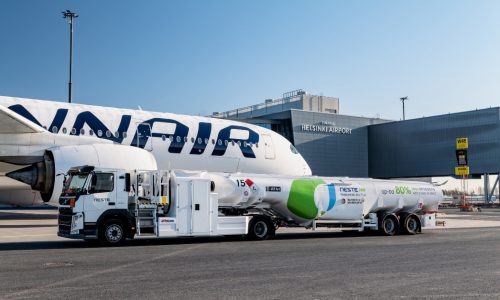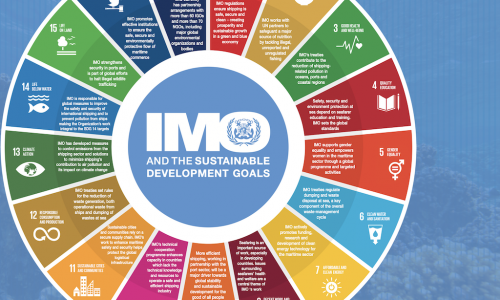- Memorandum of Understanding to supply more than 800,000 tons of Sustainable Aviation Fuel (SAF) for the years 2023-2030
- Cooperation to include new locations and new SAF production technologies
- OMV is already supplying SAF at Vienna International Airport to Austrian Airlines
The Lufthansa Group and the global energy and chemicals group OMV have signed a Memorandum of Understanding (MoU) for the supply of more than 800,000 tons of SAF for the years 2023 to 2030.
The companies intend to expand their existing partnership by adding new locations for SAF production and offtake as well as new technologies. OMV has already been supplying SAF to the Lufthansa Group airline Austrian Airlines at Vienna International Airport since March 2022.
With the expansion of the cooperation, the Lufthansa Group can drive the availability, market ramp-up and use of SAF as an essential element for a CO2-neutral future of aviation.
The Lufthansa Group is continuously reviewing options for long-term purchase agreements and is already the largest SAF customer in Europe. For OMV, the planned SAF supply partnership with the Lufthansa Group is a further step towards reducing the CO2 intensity of the product portfolio and providing solutions for the sustainable development of the aviation industry.
SAF is aviation fuel that is produced without the use of fossil energy sources, such as crude oil or natural gas. Various production processes exist and different feedstock are available as energy sources.
The current generation of SAF, which saves 80 percent CO2 compared to conventional kerosene, is mainly produced from biogenic residues, for example from used cooking oils. Before being transported to the airport, SAF is currently mixed with fossil kerosene. In the long term, SAF can enable virtually CO2-neutral aviation.
The Lufthansa Group has been involved in SAF research for many years, has built up an extensive network of partnerships and is driving forward the introduction of sustainable next-generation aviation fuels in particular. Special focus is placed on the forward-looking Power-to-Liquid and Sun-to-Liquid technologies, which use renewable energies or solar thermal energy as energy carriers.
The Lufthansa Group has set itself ambitious climate protection goals and aims to achieve a neutral CO₂ balance by 2050. Already by 2030, the aviation group wants to halve its net CO₂ emissions compared to 2019.
To this end, the Lufthansa Group is pursuing a clearly defined reduction path, which has been validated by the Science Based Targets Initiative (SBTi) in August 2022. This makes the Lufthansa Group the first aviation group in Europe with a scientifically based CO₂ reduction target in line with the goals of the Paris Climate Agreement of 2015.
For effective climate protection, the Lufthansa Group focuses in particular on accelerated fleet modernization, the continuous optimization of flight operations, the use of Sustainable Aviation Fuels, and innovative offers for its customers to make a flight or the transport of cargo CO2-neutral.

